2023/12/9/ · In conclusion, the selection of stainless steel grades such as 304 and 316 for fermentation tanks is a testament to their exceptional properties, including corrosion resistance, cleanliness
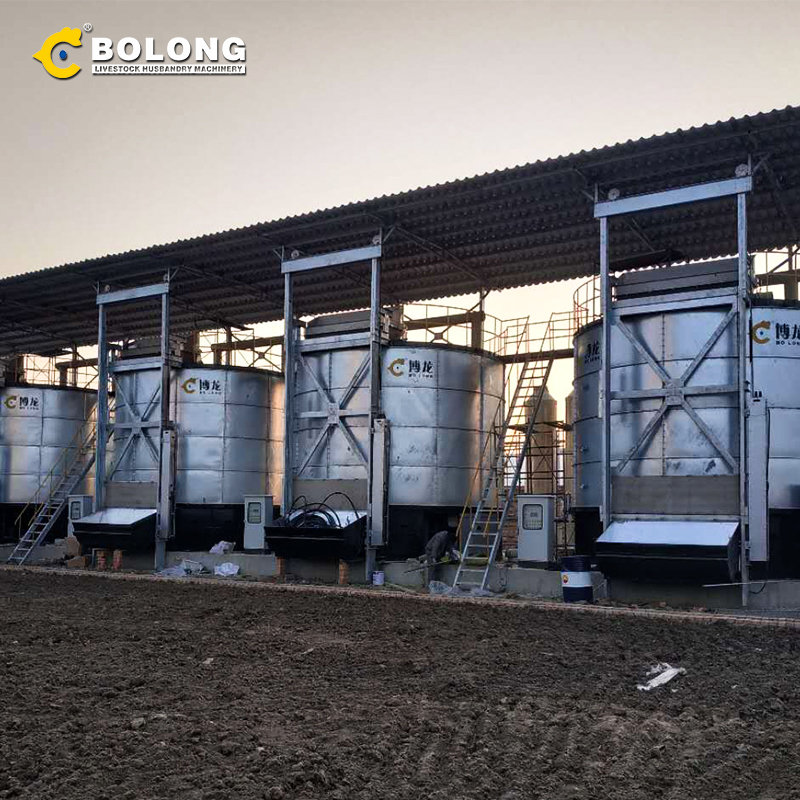
2023/12/9/ · In conclusion, the selection of stainless steel grades such as 304 and 316 for fermentation tanks is a testament to their exceptional properties, including corrosion resistance, cleanliness
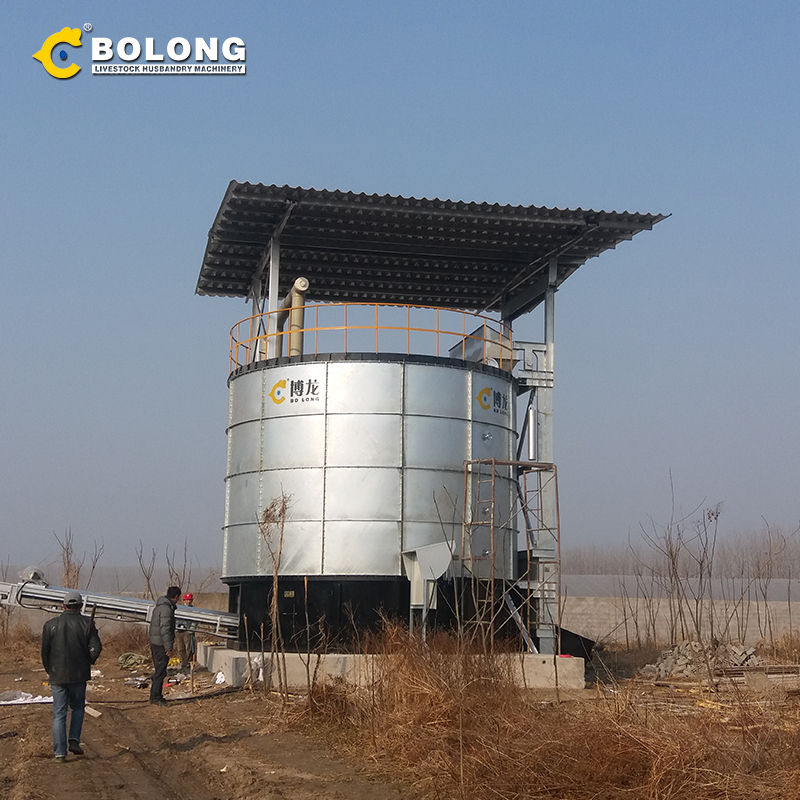
2020/6/24/ · The role of ethanol (C2H5OH) in pitting corrosion behavior of AISI 316L austenitic stainless steel was investigated in aqueous ethanolic solution with chloride. The pitting susceptibility and surface morphology of 316L in a series of ethanol-containing solutions were examined using X-ray photoelectron spectroscopy (XPS), optical
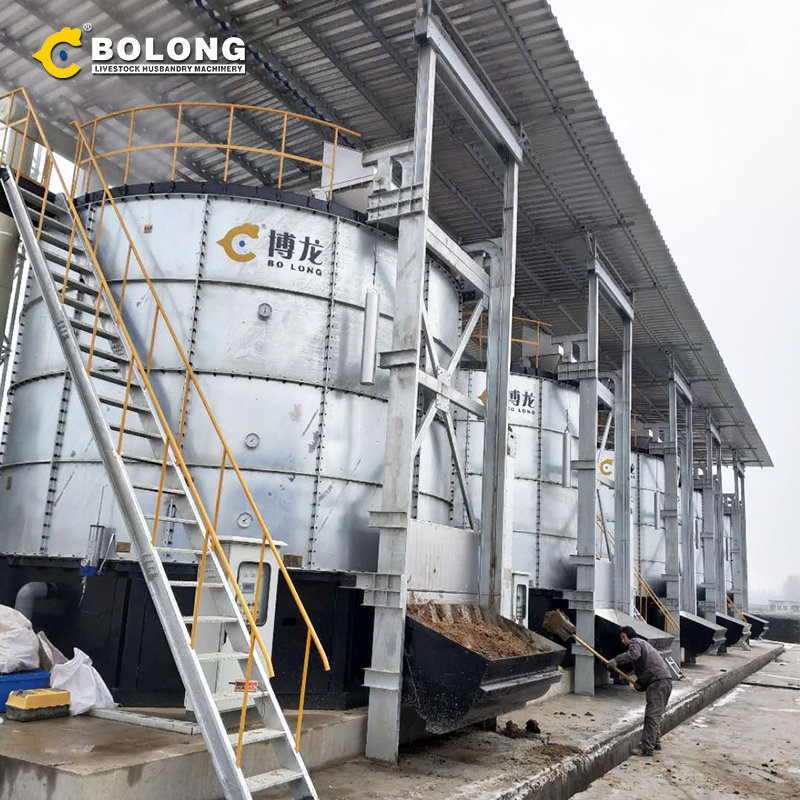
2. Corrosion Resistance: Concrete tank would corroded through to reinforcing bar within 5 years of installation, Glass-Fused-To-Steel Tanks with 2 layer of Glass coating, can be applied for PH from 3 to 11, Center Enamel also provide 2 Years Warranty of its Glass-Fused-To-Steel Tanks. 3. Leakage and Maintenance: Concrete is susceptible to

2023/7/19/ · Fermentation tanks are commonly made from stainless steel, which is preferred for its durability, cleanliness, and resistance to corrosion. Insulation is also essential to maintain stable fermentation temperatures and reduce energy consumption. Cooling and temperature control.

Our tanks pay for themselves in terms of production value and longevity. 304 stainless steel is resistant to corrosion. Furthermore, this metal is easy to keep clean, thanks to the polish we perform and apply on our stainless steel equipment. Your fermentation tank, and more importantly the beverage inside the tank, must be held to a ...
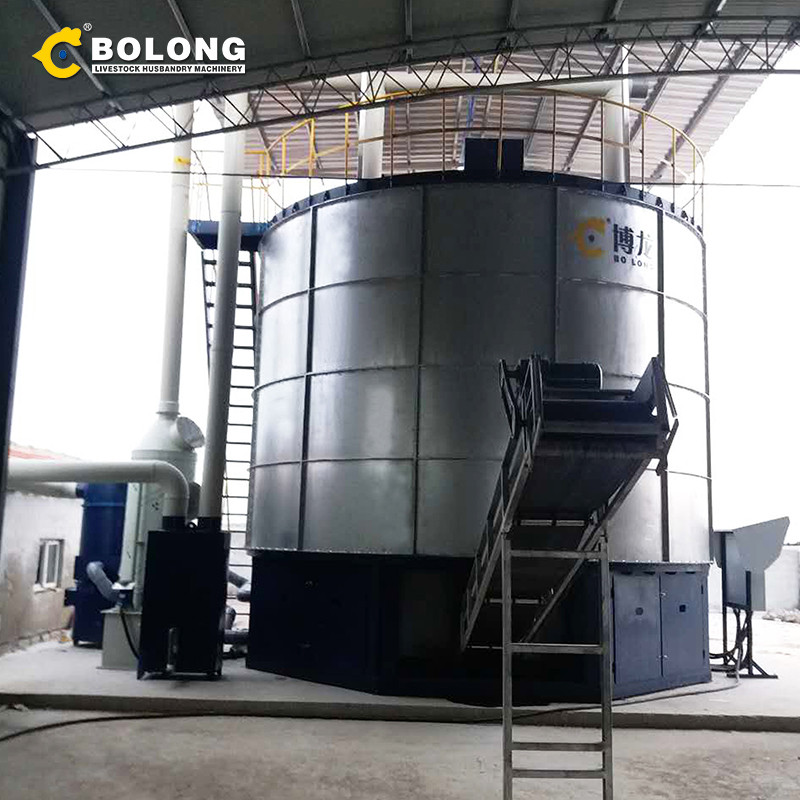
2023/4/17/ · A 10bbl fermentation tank provides an optimal environment for the yeast to work its magic, ensuring consistent and high-quality results. Components and Features Material and construction. 10bbl fermentation tanks are typically made from high-grade stainless steel, which offers excellent durability and corrosion resistance.

2022/12/29/ · Plastic tanks are lightweight and affordable, but they may not be as durable as stainless steel. Concrete tanks are good for open fermentation, but they can be difficult to clean and maintain. 6. Tank Features . Fermentation tanks can also come with a variety of features, such as temperature control, conical bottoms, and pressure gauges.

2023/7/24/ · There are various types of fermentation tanks available in the market, each offering distinct advantages for specific applications. Stainless Steel Fermentation Tanks. Stainless steel fermentation tanks are the most popular choice for many industries due to their durability, corrosion resistance, and ease of cleaning.
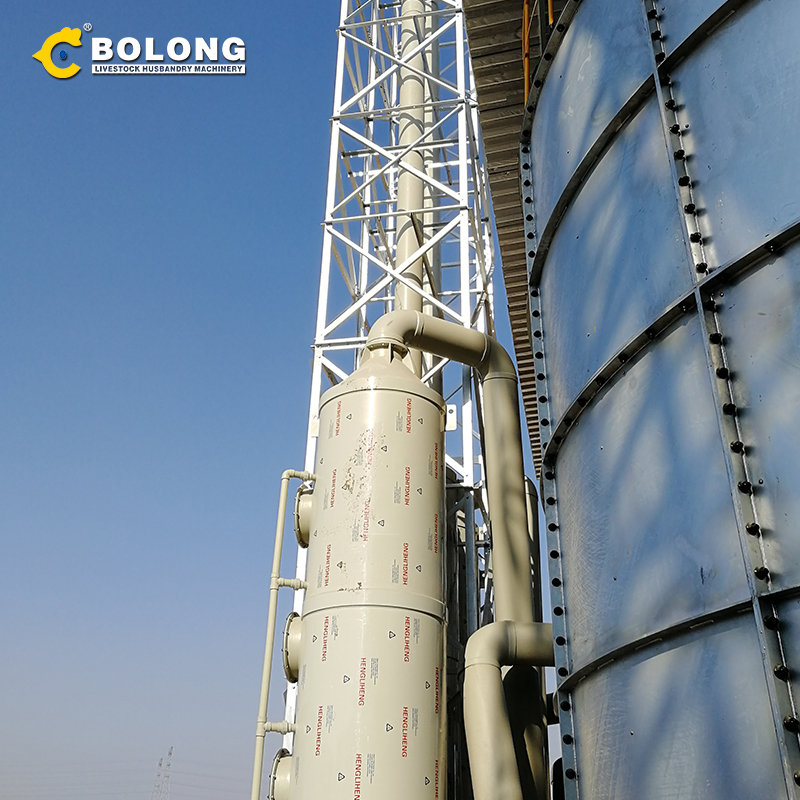
2022/1/1/ · Fermentation tank Home Brew Fermenter with cooling coil Craft beer stainless steel conical fermenter 9 gallon . Brand: WELONSTAR. 5.0 5.0 out of 5 stars 2 ratings. $359.00 $ 359. 00. 100% passivation by food grade contact treatment ,the corrosion rate has significantly decreased.

The stainless steel fermentation tank is made of high-quality 304/316 stainless steel. Fermentation tanks made of 304 stainless steel have a competitive price. 316 stainless steel provides better corrosion resistance. Stainless steel fermentation tanks can be added with accessories according to your fermentation needs to meet your
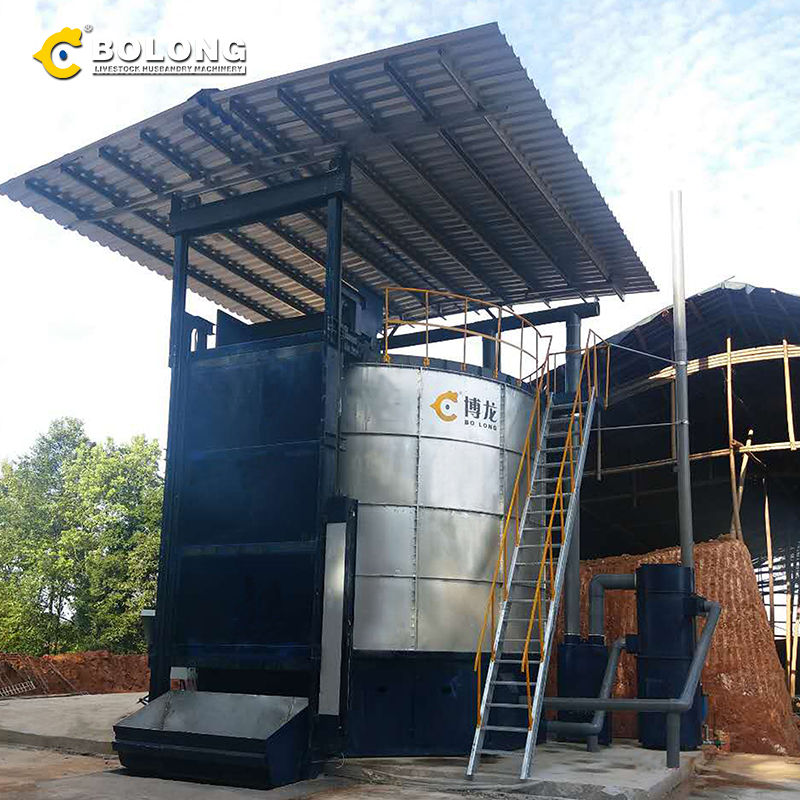
2024/3/15/ · Pros and Cons of stainless fermentation tank. Pros: Durability: Stainless steel is a robust and long-lasting material, resistant to corrosion and easy to clean. Hygiene: Stainless steel promotes a sanitary environment, crucial for preventing contamination during fermentation.

2022/4/21/ · The ‘L’ stands for ‘low carbon’. Though 316 stainless steel has less carbon than 304, 316L has even less. It is still just as tough and durable as the other two grades, and it also offers superior corrosion resistance. The thing that makes it more attractive, especially for fermentation tanks, is that it is more accepting of welds.

The materials used in fermentation tanks can significantly affect the quality of beer produced. Stainless steel is the most common material used in commercial fermentation tanks, thanks to its durability, corrosion resistance, and ease of cleaning. Other materials such as copper, plastic, and wood can also be used but are less common.

2024/2/23/ · Commercial fermentation tanks enable large-scale beverage production with capacities ranging from a few barrels to thousands of barrels. They are constructed from stainless steel or other approved materials that resist corrosion from acidic products. Tanks can be customized with accessories like temperature controllers, cooling jackets

2024/3/20/ · A 1-barrel stainless steel tank might start around $4,000, while a 2000-barrel tank can reach ratusan ribuan rupiah (hundreds of thousands of dollars). Material. Stainless steel is the industry standard, offering durability and sanitation. Plastic tanks are a more affordable option but have limitations.